
CARACAS, Venezuela — Colombia added a new accusation against the FARC rebel group on Tuesday, saying Colombian forces had found evidence that the rebels had been seeking the ingredients to make a radioactive dirty bomb.
The accusation, made by Colombia’s vice president, Francisco Santos, at a United Nations disarmament meeting in Geneva, represents a sharp verbal escalation surrounding the three-country dispute involving Colombia, Venezuela and Ecuador. The quarrel began over the weekend when Colombian forces hunted down and killed a Colombian guerrilla leader on Ecuadorean soil.
Material found on a laptop computer recovered in that raid provided the basis for Mr. Santos’s accusations about a dirty bomb, a weapon that combines highly radioactive material with conventional explosives to disperse deadly dust that people would inhale.
“This shows that these terrorist groups, supported by the economic power provided by drug trafficking, constitute a grave threat not just to our country but to the entire Andean region and Latin America," Mr. Santos said in a statement that was posted in Spanish on the disarmament conference’s web site. The rebels were “negotiating to get radioactive material, the primary base for making dirty weapons of destruction and terrorism,” he said.
It was unclear from Mr. Santos’s statement whom the rebels were negotiating with.
Mr. Santos based his claim on information provided Monday in Bogotá by Colombia’s national police chief about a deal involving the FARC’s negotiations for 110 pounds of uranium.
The tension further escalated when President Álvaro Uribe of Colombia said Tuesday that he would file a complaint with the International Criminal Court against President Hugo Chávez of Venezuela, accusing him of providing financial assistance to the FARC, which stands for the Revolutionary Armed Forces of Colombia, Colombia’s largest rebel group.
In another reaction to Colombia’s cross-border raid, Elías Jaua, Venezuela’s agriculture minister, said that Venezuela was planning to close its border with Colombia to halt commercial trade.
On Monday, Ecuador broke off diplomatic relations with Colombia, and Venezuela expelled Colombia’s ambassador and other diplomats.
The three countries have been swapping accusations of treachery and deceit in the dispute over the killing of the guerrilla leader, Raúl Reyes, by Colombian forces.
The Venezuelan Foreign Ministry, in ordering the expulsion of the Colombian Embassy’s diplomatic personnel, said it was acting “in defense of the sovereignty of the fatherland and the dignity of the Venezuelan people.”
President Rafael Correa of Ecuador, who expelled Colombia’s ambassador over the weekend, went a step further on Monday by breaking off diplomatic relations. The move was not unexpected after his claim that Mr. Uribe of Colombia was lying about the nature of the raid.
Venezuela and Ecuador sent troops to the Colombian border on Sunday in response to Colombia’s military raid on the rebel encampment in the jungle about a mile inside Ecuador. Colombian forces killed 21 guerrillas in the FARC.
In addition to killing Mr. Reyes, Colombia said it had recovered his laptop computer. Its contents have since been at the center of several allegations.
At a news conference in Bogotá, Gen. Oscar Naranjo, Colombia’s police chief, accused Venezuela of channeling $300 million to the FARC, based on what he said was information obtained from Mr. Reyes’s computer.
General Naranjo also said computer documents showed financial support from the FARC for Mr. Chávez of Venezuela, going back to the time Mr. Chávez spent in prison after an unsuccessful coup attempt in Caracas in 1992.
“This implies more than cozying up, but an armed alliance between the FARC and the Venezuelan government,” General Naranjo said.
Venezuela’s government, which sent tank units to its border with Colombia in a response to the Colombian raid, denied aiding the rebels. “We are used to the Colombian government’s lies,” Vice President Ramón Carrizales said.
General Naranjo displayed photographs and documents he said had been taken from Mr. Reyes’s computer, but the context of the information was unclear.
Ecuador also rejected claims by Colombia of ties with the FARC, and sent 3,200 troops to Sucumbios, an Amazonian province near its border with Colombia where the attack on the FARC’s camp took place.
Mr. Correa, the Ecuadorean president, said the Colombian rebels had been killed in their sleep “in their pajamas,” and not in the heat of pursuit as Colombia’s security forces had said. Ecuadorean emergency officials recovered several wounded members of the FARC, transporting them to hospitals in Quito.
Faced with one of Latin America’s worst diplomatic crises in recent years, the Organization of American States said it would convene a meeting in Washington on Tuesday to try to prevent an escalation of the dispute between Colombia, a staunch Bush administration ally, and the leftist governments of Ecuador and Venezuela.
Even as Colombia’s government offered details on the FARC’s relations with Venezuela and Ecuador, Colombian officials said Monday that they would not send more troops to the borders with the two countries in response to the mobilizations ordered by Mr. Chávez and Mr. Correa.
Because of the FARC’s resilient history at the heart of Colombia’s war, it has had contact with insurgencies and governments throughout Latin America and beyond, including the United States, which classifies the FARC and other armed groups in Colombia as terrorists.
For instance, in 1998 a Clinton administration official, Philip T. Chicola, then the State Department’s director of Andean affairs, had a clandestine meeting with Mr. Reyes in Costa Rica in an effort to establish a way of communicating with the FARC during times of crisis.
The meeting was described in a diplomatic cable written by Mr. Chicola in January 1999 and declassified in 2004. Also present at the meeting was Mr. Reyes’s wife, Olga Marín, who is believed to be the daughter of the FARC’s top commander, Manuel Marulanda, and also reported to be present, and possibly wounded, in the raid on the jungle camp on Saturday.
The Bush administration on Monday reiterated its support for Colombia’s struggle against the FARC and cocaine trafficking, but called for a negotiated solution to the crisis.
“This, for us, is an issue between the governments of Colombia and Ecuador,” said Tom H. Casey, deputy spokesman at the State Department, in a briefing to reporters on Monday in Washington. “We believe it’s appropriate for them to work that out through diplomatic discussion.”
Still, what began over the weekend as an operation by Colombian forces in Ecuadorean territory has evolved into a wider regional matter.
“Our view of this issue right now is that there is no doubt that there is a territorial violation and we condemn it,” said Celso Amorim, Brazil’s foreign minister, speaking to reporters in Brasília. “It raises insecurity problems in all countries of the region, mostly in the smaller ones.”
And amid the Colombian accusations, Mr. Chávez remains at the center of the increasing tension, with his political opponents here criticizing his decision to mobilize troops and fighter jets in a show of Venezuelan force.
“If anyone has to protest, it is Ecuador’s government, as the military incident took place in Ecuadorean territory, not ours,” Teodoro Petkoff, the publisher of the newspaper Tal Cual, said in an editorial. “Venezuela has nothing to complain about.”
The New York Timeshttp://www.nytimes.com/2008/03/05/world/americas/05venez.html?_r=1&hp&oref=slogin
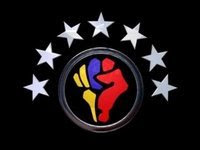



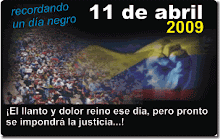



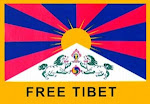
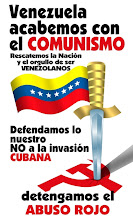






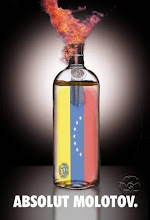
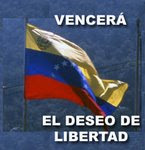
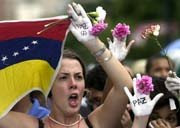
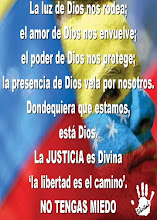
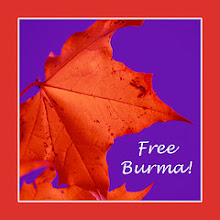

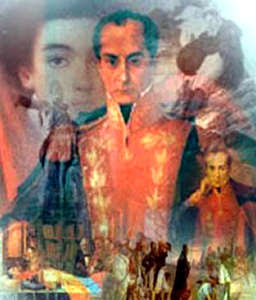
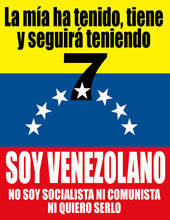
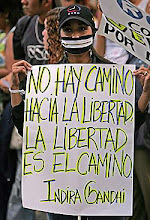




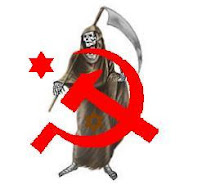
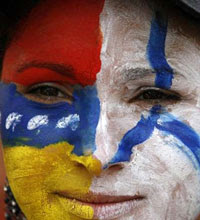
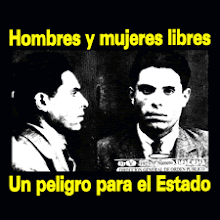
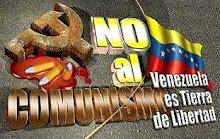

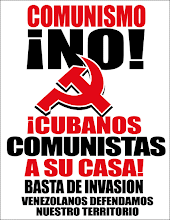


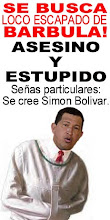
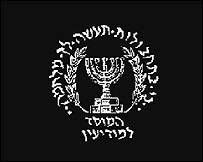
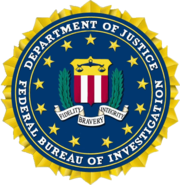
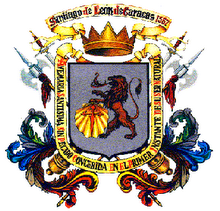


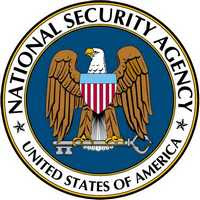


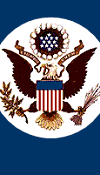
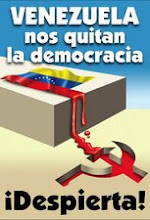





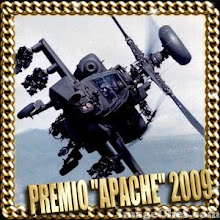
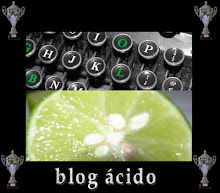
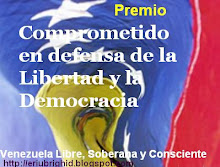
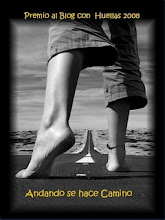
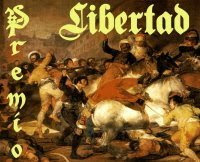



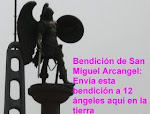


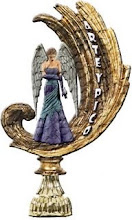












No hay comentarios:
Publicar un comentario